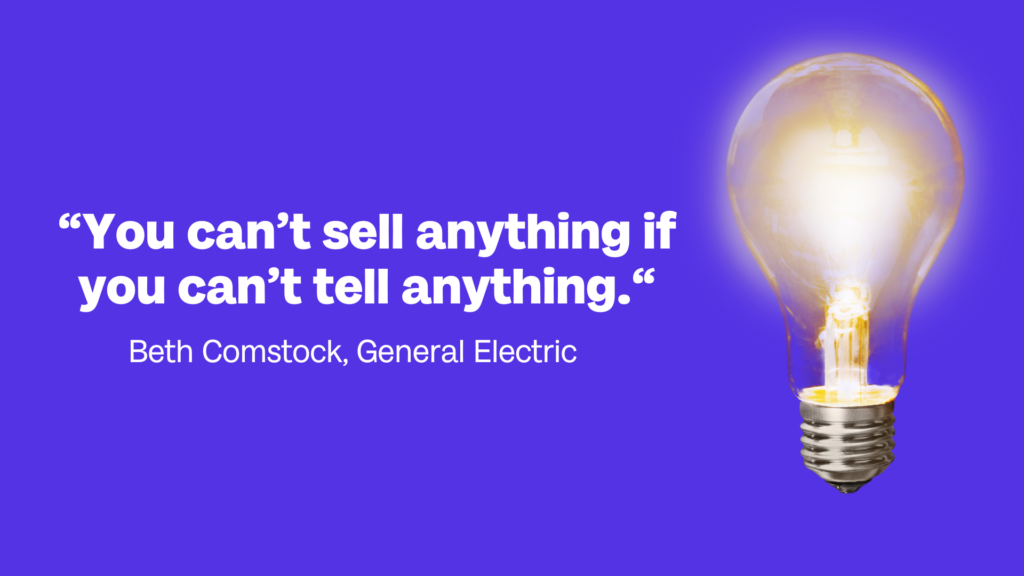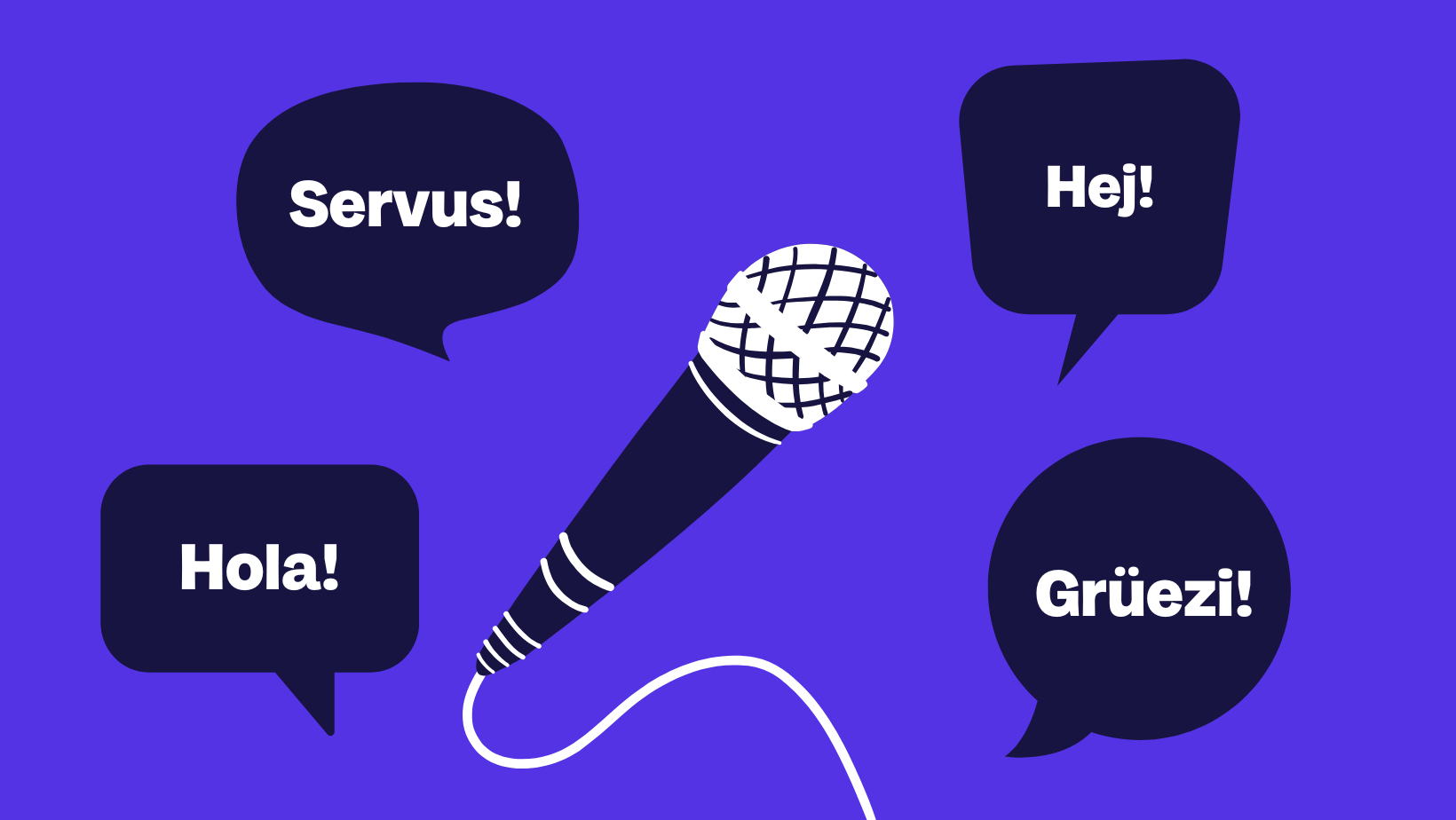Storytelling instead of storyyelling: Why messages are better told than blared out
In a world where we are constantly inundated with information, the loudest shout often seems to get the most attention – rather than the most valuable content. But is this strategy successful in the long term? Hardly. If you really want to be heard and understood, you should focus on the art of storytelling. And in such a way that your message touches, captivates and resonates.

Bild: cottonbro studio
What was initially a typo turned out on closer inspection to be the perfect description of an (internet) phenomenon: the desperate hunt for attention through louder, more provocative but unsubstantial publications. But if you want to make yourself heard amidst the noise of our news-flooded world, you don’t have to be louder, you have to be more relevant. Storytelling instead of storyyelling. Because in the end, it is stories that create meaning, emotions and, above all, a connection. But why exactly does this work so well?
Storytelling: How stories work
The answer lies deep in our human nature. For thousands of years, we have been telling each other stories to share knowledge, create community and express emotions: around the campfire, in the form of fairy tales, myths or legends. For example, most cultures have stories to explain how the earth was formed.
Stories captivate us because they are based on universal experiences. They leave us laughing, crying, amazed or even angry – they make us feel. That’s why they are relatable on a grand scale, because emotions speak the same language everywhere. Stories also have the potential to make complex issues understandable and tangible. Good storytelling doesn’t just drop facts, it takes us on a journey, puts things into context, creates a connection and establishes relationships. Brands, politicians, scientists and influencers also use this skill. Because those who know how to use storytelling have a clear advantage.

Don’t just sell – tell a story!
At the end of the day, it’s about being heard – but not by blurting out phrases. Storytelling is not a trend, but a fundamental skill and a long-term strategy that companies need to master today in order to survive in the communications jungle. Brands that tell stories build a relationship with their customers. They show that they have more to offer than products and services – they have an identity, a mission and values. That’s why it’s not enough to just tell any story.
Storytelling is a strategic decision. It’s about finding the right stories. The ones that pay into the character of the brand. Patagonia is a prime example of this. The brand has managed to get people not just to buy jackets, but to interpret consumption as activism – and has thus completed the master level of storytelling.
Convince with heart instead of loudness
Where there are positive examples, negative examples are not far away. At a time when our attention span is supposedly getting shorter and shorter and the content economy is getting bigger and bigger, our focus has become a commodity. Catchy information is therefore packed as emotionally as possible into the headline, the teaser, the first 3 seconds of the reel. Negative news generates more engagement and agitation leads to more interaction – known as rage baiting. This is actively used by some influencers and brands to provoke, trigger heated discussions and divide the community. Sad, but true.
Smoothie manufacturer True Fruits came under heavy criticism in 2019 for trumpeting right-wing, sexist and ableist rhetoric to the world. It became clear that the start-up, in its recklessness, cares about nothing more than its own success. No price is too high for them and no violation of boundaries is too moronic. The internet community (and the retail sector) has punished this – at least in part. Activists have even set up their own Instagram page to address the company’s questionable strategy.
The fact that this self-reflection on the part of consumers has an impact on the (non-)success of brands gives us hope. On the one hand, that companies use their market power for more than just profit maximization. On the other hand, that our society will continue to be able to think beyond a headline or ten seconds – and that strategic and value-oriented storytelling will always make more sense than provocative storyyelling.
Share this article
Related articles

8 April 2025








